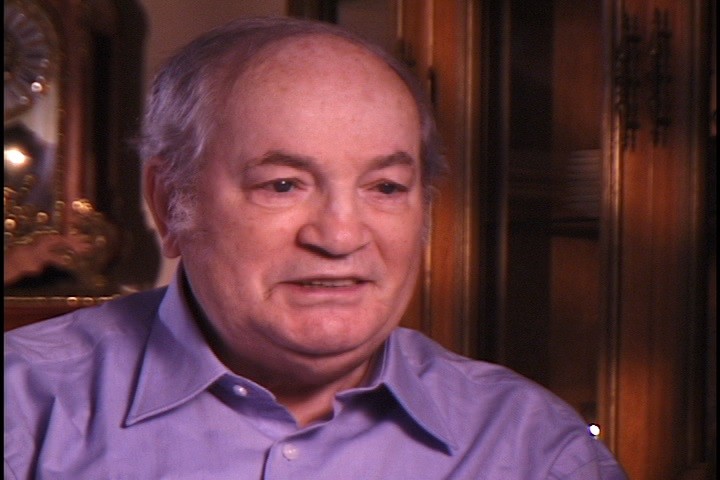Max Cukier
Despite great obstacles, Jews throughout occupied Europe attempted armed resistance against the Germans and their Axis partners. They faced overwhelming odds and desperate scenarios, including lack of weapons and training, operating in hostile zones, parting from family members, and facing an ever-present Nazi terror. Yet thousands resisted by joining or forming partisan units. Among them was Max Cukier.

Max Cukier was born into a Hassidic family in Ryki, Poland, on January 23, 1918. Growing up as a pacifist, Max never imagined he would carry a machine gun, but his views began to change with the outbreak of the war. When Germany invaded Poland in 1939, Max fled to Soviet-occupied territory, eventually ending up in Belarus. For the next two years he lived as a Polish refugee, persecuted by the Soviet government as a non-citizen. When the Nazis began their attack against Russia in 1941, Max went into hiding, traveling from village to village in search of food and shelter.
Early in 1942 Max saw that hiding in villages was becoming too dangerous, and he took to the woods. In the forest, he made contact with other Jewish refugees, as well as some escaped Russian POWs. Eventually he joined the famous Bielski Brigade, a combination partisan unit and family camp. Taking the initiative, Max began to organize small units and lead missions himself, bombing bridges and masterminding a daring attack on a German bunker using an abandoned Soviet tank. During this time Max met and married his wife, and she began to accompany him on missions, becoming his lookout.
After liberation, Max first joined the Red Army and then defected from the USSR, escaping into Italy. In Italy he became involved with several Zionist organizations, even becoming an acquaintance of Golda Meir, Israel's future prime minister. He traveled to Israel and in 1948 came to the United States under the auspices of the Zionist Cultural Congress. Over time, Max disengaged from the Zionist movement and began to focus on building a new life as a civilian, starting an importing business and raising his three children. Today, Max lives in Los Angeles. He has three children and three grandchildren.
Max passed away on January 17, 2011.
Critical Thinking Questions
- What obstacles and limitations did Jews face when considering resistance?
- What pressures and motivations may have influenced Max Cukier's decisions and actions? Are these factors unique to this history or universal?
- How can societies, communities, and individuals reinforce and strengthen the willingness to stand up for others?

